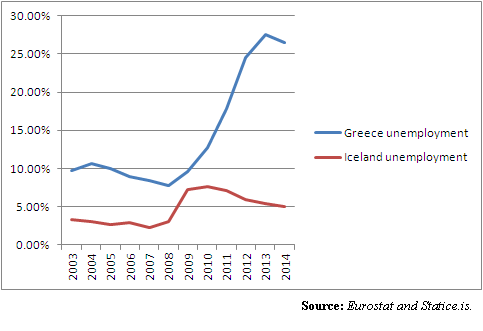Soldato
- Joined
- 3 Jun 2005
- Posts
- 7,613
EU AKBAR!
EU AKBAR!

I'm certain that datalol fellow is in an EU or government funded institution because he refuses to engage with anyone else on any level apart from condescension.
People keep saying things have been "debunked" without linking credible sources. Talk about smoke and mirrors.
Yawn. Enjoy your quivering abandon and EU erection. I'm donating to fullfact to help form my final stance rather than take any notice of this twaddle!
Nope, that I'm not. But I fully agree with donating to FullFact, and did so myself. They are 40% of the way to their goal, and I hope they get there before the officially designated campaigns are in full swing.
In an ideal situation, this referendum will come down the weight applied to each pro and con by every voter. It's a very personal thing so negative campaigning and derision will only further entrench someone's position IMO.
As an employee of a non-british EU based institution I'm acutely aware of some of the risks of leaving. What's interesting is the proportion of colleagues who are currently leaning towards "leave", despite the apparent risk to their jobs. I'm one of them.
Must say on my puerile subconscious level, I'm inclined to to against anything the government and Goldman Sachs want. It's just a coincidence that this currently aligns with my more reasoned stance.

reduce the numbers alowed in so that the rate they arrive at is in line with the ability of local services to expand?
In an ideal situation, this referendum will come down the weight applied to each pro and con by every voter.
It's a very personal thing so negative campaigning and derision will only further entrench someone's position IMO.
Must say on my puerile subconscious level, I'm inclined to to against anything the government and Goldman Sachs want. It's just a coincidence that this currently aligns with my more reasoned stance.
snip


You have a dispositional rhetoric and vocabulary of an EU shill.
And the conspiracy theorists are ready to rock!
You do know that if there were no official sources, it would be a complete fabrication; the sort of fabrication that got BoJo sacked from the Times?
Summarised to save on screen real estate - "A load of audit rules from the EU, and a link to the UK's National Audit Office referencing how the EU budget could improve"
...read your own articles, and it appears you hadn't; otherwise you'd know that they too point back to the... wait for it... official EU press releases and documents.
The EU: Accountable. Listening. Working. Tough standards and all.
You really are laughable, Mulder.

Still on the fence BTW.

Snip
I'd suggest a big reason is that Iceland was free to adjust its economic, monetary and fiscal policies whereas Greece could not. Iceland also allowed its own currency (krona) to devalue post the crises, helping export industries and tourism. Greece, being tied to the Euro, didn't have this option either.
Iceland defaulted on its debts. That's how they solved their economic crisis.
Greece weren't allowed to do the same. Instead they got loaned more money they won't ever pay back. The loans just pay the interest.
Greece weren't allowed to do the same. Instead they got loaned more money they won't ever pay back. The loans just pay the interest.
So your solution to financial problems is debt default? It worked for Iceland because it is yhe size of a small city. It does not work for proper countries. Greece, by the way, defaulted on its debt in recent history. Pick up a book or check wikipedia to find out how well that went.
Greece defaulting on its debts effectively counts as the eurozone defaulting on its debts. Greece understands that defaulting would get it kicked out of the eurozone and has therefore chosen to do everything in its powers to avoid defaulting.
Iceland saw defaulting as its preferred option, Greece sees defaulting as its last option.

